Torres del Paine National Park, Patagonia, Chile
© Marco Bottigelli/Getty Image
Torres del Paine National Park, Patagonia, Chile
Wildlife roams freely in one of Chile's most stunning protected areas, where towering peaks and ancient glaciers shape the land. Established on this day in 1959, Torres del Paine National Park in Patagonia spans over 181,000 hectares. Originally called Grey Lake National Tourism Park, it was renamed in 1970 and later designated a UNESCO Biosphere Reserve in 1978. Its most recognisable feature—the three massive granite peaks known as the Torres—stands over 2,400 metres tall. These formations took shape through magma intrusion and uplift, followed by millions of years of glacial erosion, leaving behind the jagged spires seen today.
The park's lakes and rivers, fuelled by melting ice, create a hydrological network that sustains its wildlife. Four major glaciers—Tyndall, Grey, Dickson and Zapata—are fed by the Southern Patagonian Ice Field. Originating from Dickson Lake, the Paine River flows through various bodies of water, including Paine Lake, Nordenskjöld Lake and Pehoé Lake. Wildlife thrives here, including pumas, endangered southern huemuls (south Andean deer), Chilean flamingos and chimango caracaras. With grasslands, wetlands and forests, the park supports a range of plant life, including lenga, Antarctic beech and cushion plants that endure the harsh climate.
Related Images
Bing Today Images
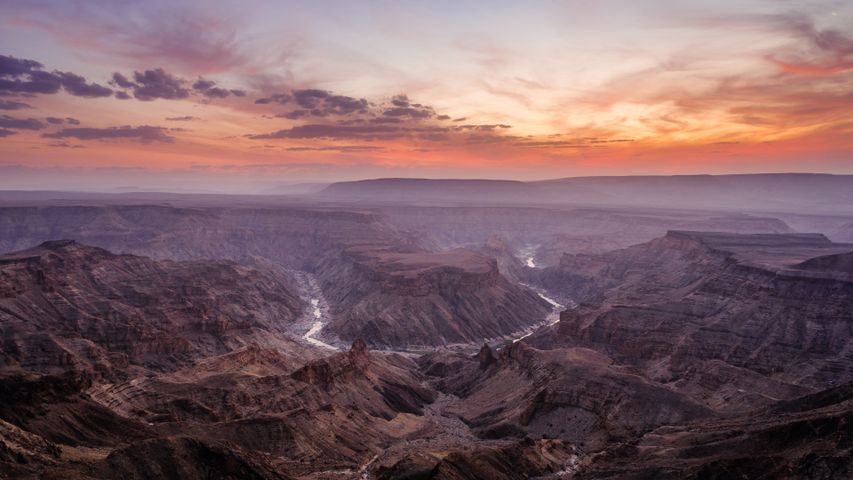
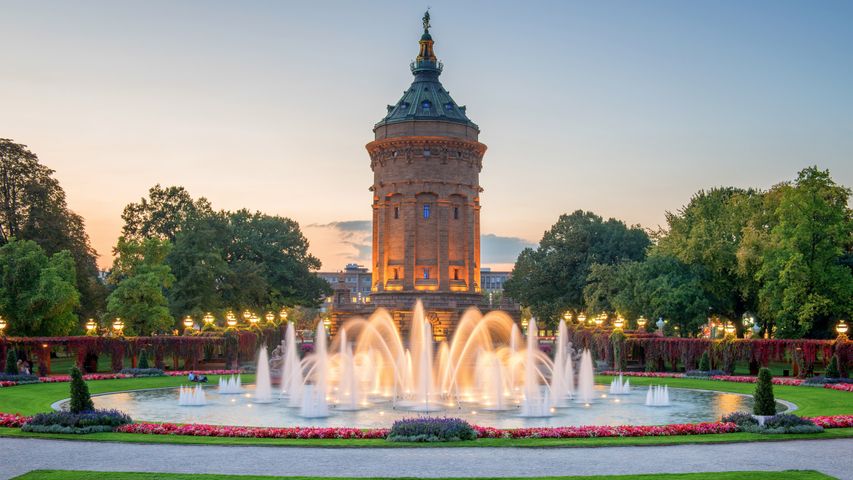
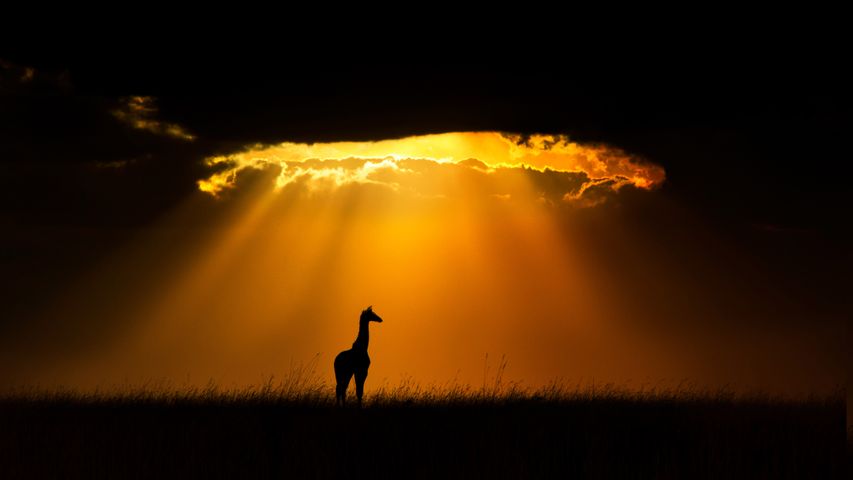
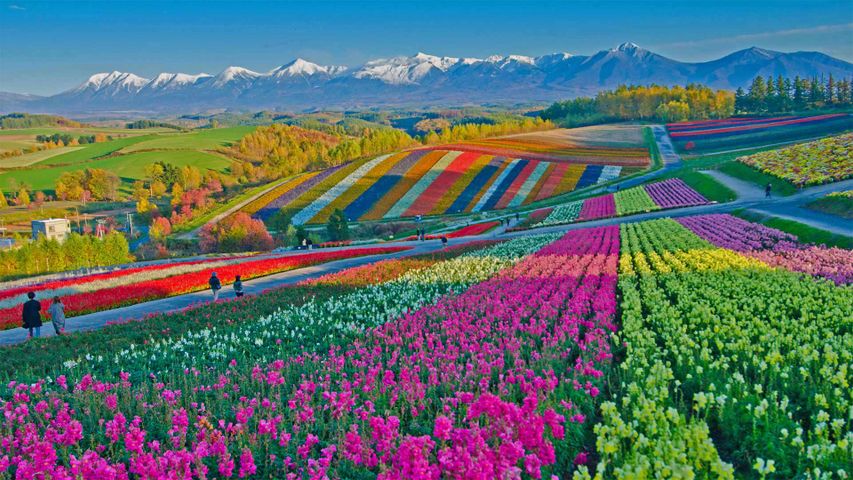
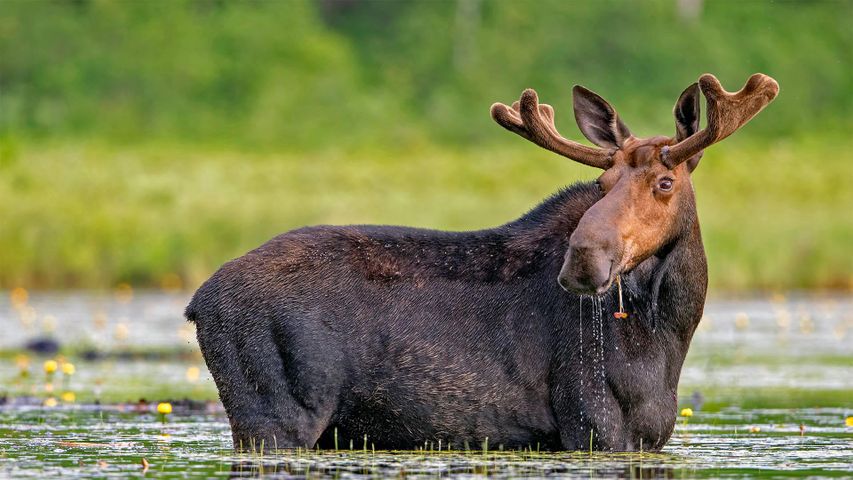
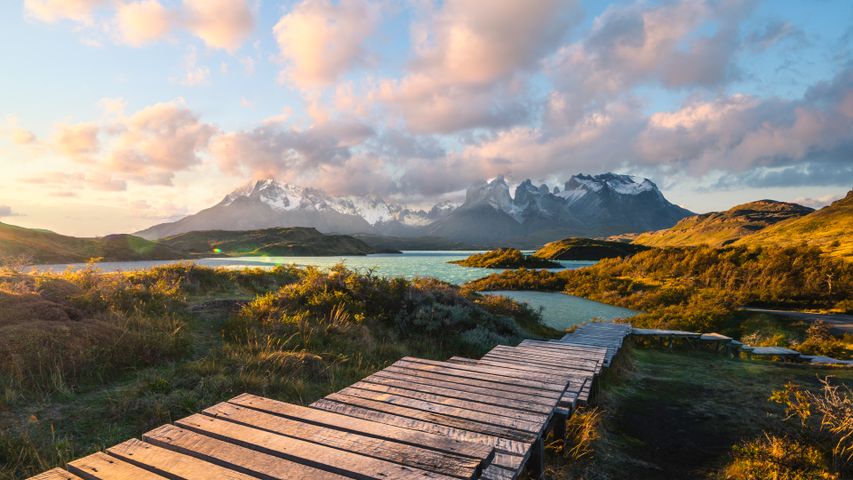
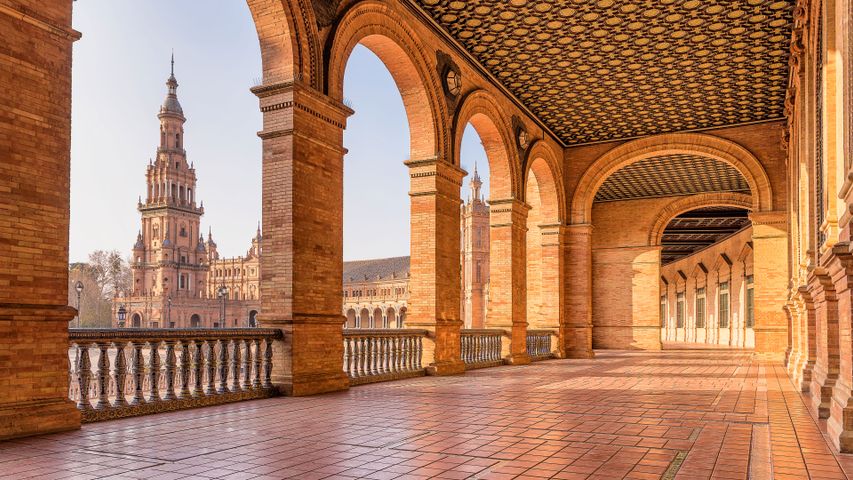 Plaza de España, Seville, Spain
Plaza de España, Seville, Spain
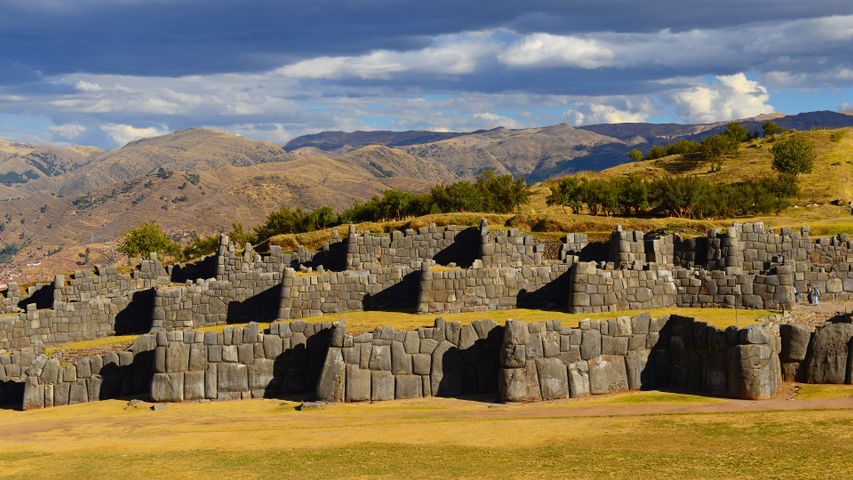 Inca ruin of Sacsayhuamán near Cusco, Peru
Inca ruin of Sacsayhuamán near Cusco, Peru
 North Sea at sunset, Norddorf, Amrum Island, Germany
North Sea at sunset, Norddorf, Amrum Island, Germany
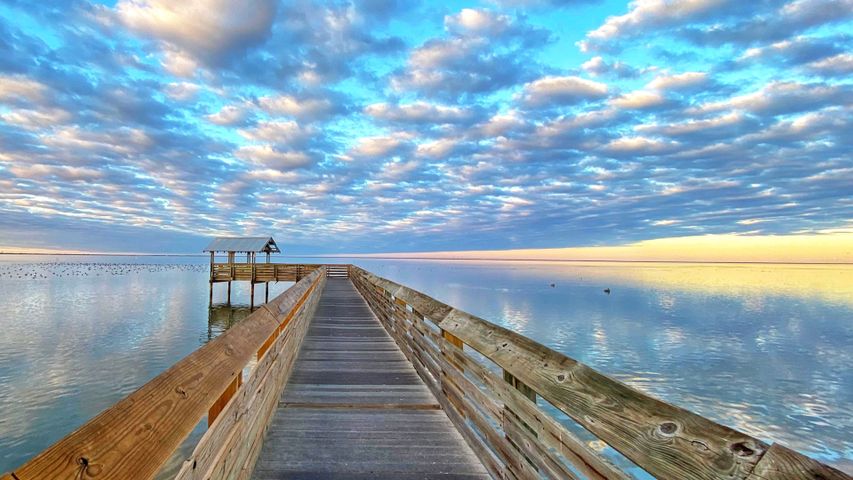 South Padre Island, Texas, USA
South Padre Island, Texas, USA
 Wool and mohair yarn
Wool and mohair yarn
 Plitvice Lakes National Park, Croatia
Plitvice Lakes National Park, Croatia
 Iron Hill, Town of Brome Lake, Quebec, Canada
Iron Hill, Town of Brome Lake, Quebec, Canada
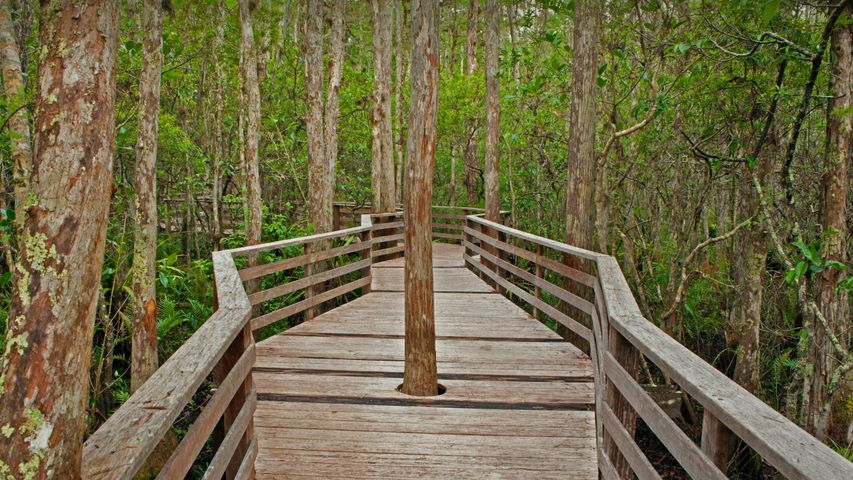 Corkscrew Swamp Sanctuary, Florida, USA
Corkscrew Swamp Sanctuary, Florida, USA
